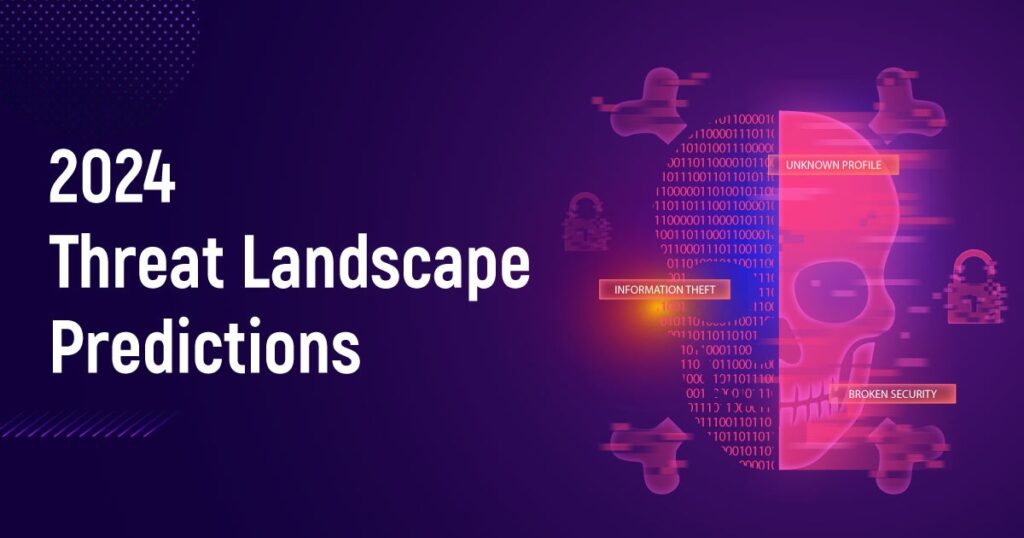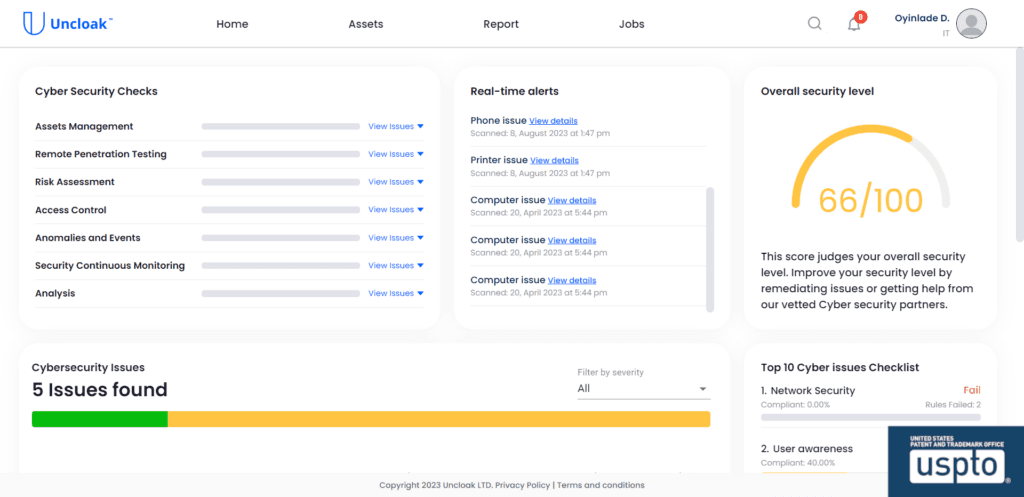The UK’s Finance Sector faces an increasingly turbulent geopolitical environment in 2024, with serious implications for emerging cyber threats according to a new report from [Company Name].
The “Forward Threats 2024” report highlights several key areas of concern:
Zero-Day Exploitation on the Rise Growing exploitation of zero-day vulnerabilities is making fast patching cycles more critical than ever. Threat actors will continue exploiting zero-days to gain initial access, with a focus on targeting edge devices like VPNs, email gateways, and firewalls.
Supply Chain Attacks Escalating
Increasingly complex supply chains and the rapid adoption of third-party products are creating more potential points of failure. The report warns that attacks via compromised code libraries and software updates are highly likely in 2024 given their ability to infect multiple customers.
Geopolitical Volatility Impacting Cybersecurity Escalating conflicts and instability in regions like the Middle East could have serious cyber implications for the Finance Sector and its suppliers. The ongoing Russia-Ukraine war increases the risk of Russian cyber espionage against NATO countries. Recent breaches at Microsoft and HP also highlight the persistent threat to software suppliers.
AI Accelerating Threats Artificial intelligence tools will be adopted by threat actors to enhance and accelerate attack tactics across all threat vectors. The report cautions that AI-powered phishing and social engineering will become more sophisticated and difficult to mitigate, heightening fraud risks.
The report emphasizes the critical importance of fast patching, comprehensive supply chain risk management, and partnering closely with government agencies to combat the rapidly evolving threat landscape. Financial institutions must also carefully track the emergence of AI use cases and their implications for security controls.
With major elections across 49% of the global population in 2024, the report also warns that nation-states like Russia and China will highly likely attempt to leverage AI-generated deepfakes for disinformation and election interference operations that could impact global markets.

